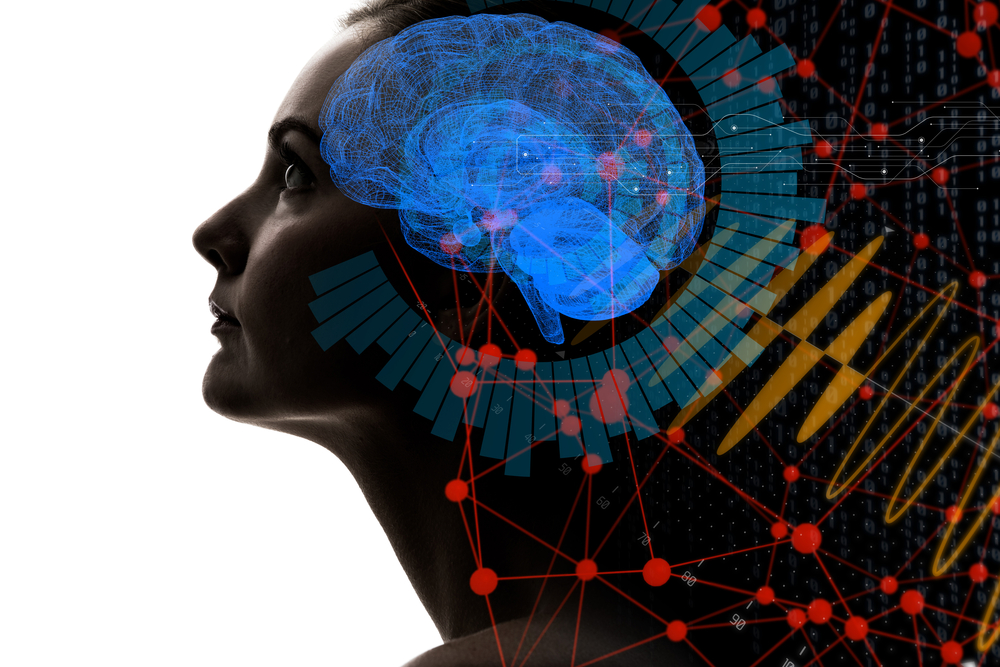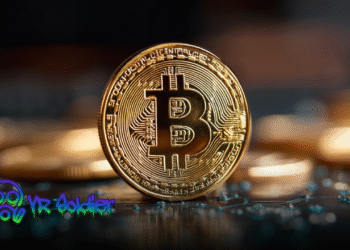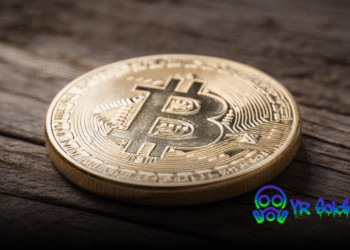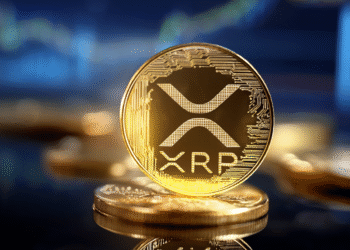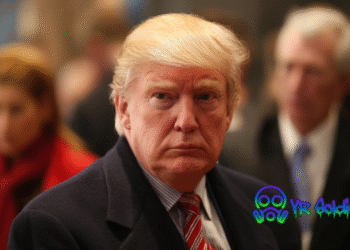Fred Ehrsam, former Goldman Sachs executive and the co-founder of Coinbase, the world’s largest cryptocurrency exchange, has stated that immersive virtual reality (VR) creates faster learning and significantly improves the memory of humans, referring to the study of Maryland.
VR Improves Memory
This week, researchers at the prestigious University of Maryland, considered as the 69th best college in the world, released a study which revealed that humans can remember information more accurately and efficiently when presented in virtual reality. Interestingly, the study disclosed that VR technology allows individuals to engage in activities such as high level education and high-proficiency training in a more optimized manner.
During the study, a large group of participants received print outs of well-known celebrities and public figures such as Arnold Schwarzenegger, Dalai Lama, and Abraham Lincoln. Using a format called memory palace, researchers placed the cut outs of public figures in two backgrounds or environments: an interior room of an ornate palace and an external view of a medieval time.
Participants were divided into two groups; one group looked at the cut outs placed in one of the two environments on a desktop in plain 2D image, while the other group utilized a VR headset to look at the cut out and the environment in real time, with the ability to look up and down and side to side, exploring the environment.
The study found that the group of participants that were given VR headsets and the ability to explore the environment behind the cut outs of public figures recalled the environment associated with the cut outs better and more accurately.
“Many of the participants said the immersive ‘presence’ while using VR allowed them to focus better. This was reflected in the research results: 40 percent of the participants scored at least 10 percent higher in recall ability using VR over the desktop display,” the study read.
On the outcome of the study, which evidently demonstrated the potential of VR technology in memory improvement, University of Maryland dean of College of Computer, Mathematical, and Natural Sciences Amitabh Varshney stated:
“This data is exciting in that it suggests that immersive environments could offer new pathways for improved outcomes in education and high-proficiency training.
Eric Krokos, the lead researcher of the study, further emphasized that the tendency of humans to rely on visual cues and aids to store and recall information naturally makes VR a viable technology for memory improvement.
“Humans have always used visual-based methods to help them remember information, whether it’s cave drawings, clay tablets, printed text and images, or video. We wanted to see if virtual reality might be the next logical step in this progression,” said Krokos.
Applicability of VR
In both lower level education and high-proficiency training in resource-demanding sectors such as the medical field, VR can be utilized to assist individuals to memorize and store information with clearer images.
Catherine Plaisant, one of the main researchers of the study, said that the use of VR allows humans to leverage their body position, movement, and acceleration to recall data by creating an immersive virtual environment, creating various cues that may trigger individuals to remember crucial data.
“This leads to the possibility that a spatial virtual memory palace–experienced in an immersive virtual environment–could enhance learning and recall by leveraging a person’s overall sense of body position, movement and acceleration,” Plaisant said.
The findings of the study and the statements of University of Maryland researchers support the advantage of using VR in assisting individuals to improve their cognitive functions and the importance of VR in establishing visual cues and deeper connection with information stored in the brain to better recall memory.

